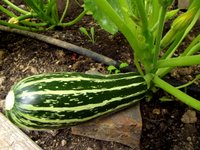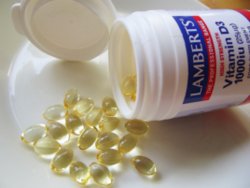A major new study by researchers at the University of Edinburgh, indicates that maintaining a healthy weight and continuing in further education, are two of the best behaviours to adopt to extend our lifespan. Data was drawn from 25 separate population studies mainly across Europe, Australia and North America. For each year spent studying beyond school, 11 months was added to lifespan. Giving up smoking and being open to new experiences also seem helpful. However, for people who are overweight, each extra kilogramme of body weight is associated with two months off their lifespan. The study identified two new DNA differences which affect lifespan: a gene linked to the immune system adds around half a year to life expectancy whilst one linked to blood cholesterol levels shortens it by around eight months.
Dr Peter Joshi, Chancellor’s Fellow at the University of Edinburgh’s Usher Institute, said: “Our study has estimated the causal effect of lifestyle choices. We found that, on average, smoking a pack a day reduces lifespan by seven years, whilst losing one kilogram of weight will increase your lifespan by two months.”
(Genome-wide meta-analysis associates HLA-DQA1/DRB1 and LPA and lifestyle factors with human longevity. Nature Communications, on-line 13 October 2017.)

 In
In  In the UK, 87% of households have a garden, and half the adult population in England report gardening as a free time activity: homing in on age ranges, this figure is 40% in the 25-44 age group and 70% for those aged 65-74. Increasing numbers of younger adults would like to grow food. As an indicator of the direction in which gardeners’ interests overall are moving, sales of vegetable seeds have recently exceeded those of flower seeds for the first time since the Second World War.
In the UK, 87% of households have a garden, and half the adult population in England report gardening as a free time activity: homing in on age ranges, this figure is 40% in the 25-44 age group and 70% for those aged 65-74. Increasing numbers of younger adults would like to grow food. As an indicator of the direction in which gardeners’ interests overall are moving, sales of vegetable seeds have recently exceeded those of flower seeds for the first time since the Second World War. It has been established that time spent in green spaces is linked to a long-term reduction in reported health problems. This includes heart disease, cancer, musculoskeletal problems, obesity, depression and anxiety. School gardening is linked with a significant increase in fruit and vegetable intake by children. Allotment gardening improves mood and self-esteem, and reduces cortisol levels (a measure of stress) in subjects compared with their matched controls. Studies in Holland, Japan and Canada indicate that for every 10% increase in exposure to green space, people enjoy health equivalent to that of someone five years younger. Living in areas with green spaces is associated with significantly less income-related health inequality.
It has been established that time spent in green spaces is linked to a long-term reduction in reported health problems. This includes heart disease, cancer, musculoskeletal problems, obesity, depression and anxiety. School gardening is linked with a significant increase in fruit and vegetable intake by children. Allotment gardening improves mood and self-esteem, and reduces cortisol levels (a measure of stress) in subjects compared with their matched controls. Studies in Holland, Japan and Canada indicate that for every 10% increase in exposure to green space, people enjoy health equivalent to that of someone five years younger. Living in areas with green spaces is associated with significantly less income-related health inequality. The NHS is beginning to use social prescribing and community referral, having recognised that social and economic factors play a role in underpinning health:
The NHS is beginning to use social prescribing and community referral, having recognised that social and economic factors play a role in underpinning health: 

